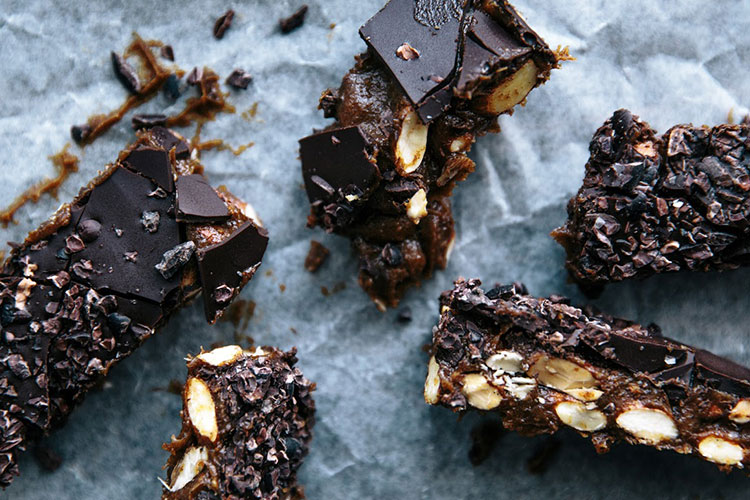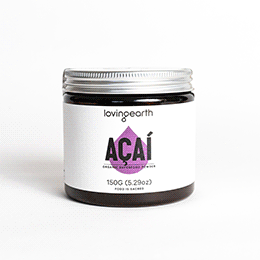As winter draws in it’s harder and harder to get up in the mornings, a strong contrast to the bright summer months when the sun wakes us with a smile. Dragging yourself out of bed in the dark when it’s cold outside and there’s little chance of seeing the sun can be difficult, especially as the colder wetter months encourage us to overindulge in food and alcohol while staying inside more and exercising less. So now that winter’s well and truly here, what can we do about it?
Many of us find that our mood is lower, that we become less vibrant and more insular during the winter. Considering that the sun is the source of all life on earth and that we get a lot less of it during these darker months, it’s unsurprising that quite a large number of people suffer from winter depression or SAD (Seasonal Affective Disorder). Some typical symptoms are:
- Anxiety
- Lethargy (lack of energy and enthusiasm)
- Weight gain
- Oversleeping
- Loss of libido
- Withdrawal from others
- Loss of interest in previously enjoyed activities
- Dietary changes – for example, increased appetite for carbohydrates
- Difficulty concentrating
There’s always been a certain amount of stigma around the topic of depression, and these days a shockingly high percentage of the population are prescribed anti-depressant medication. Whether or not you take medication and you have been clinically diagnosed with depression, we all suffer from low periods. It can seem endless and insurmountable while we’re in the midst of it, but there are loads of things we can do to bring a little extra light into our lives.
The State Government of Victoria is one of the first to come up when we do search for SAD. The treatments they list are ‘antidepressant drugs, psychotherapy and bright light therapy’. While many people do find that using a light box during the winter months can improve their mood, there are many other ways to improve matters that don’t involve medication or therapy. Here’s five elements which can drastically improve things:
Food - Healthy food is an absolute necessity during these cold, dark months. Make sure you’re getting lots of leafy greens! Dark leafy greens contain high levels of depression-beating folate and vitamin B6.
Another important element in terms of mood is Tryptophan. It’s an essential amino acid, meaning that it can’t be synthesised by the body and must be part of the diet. Tryptophan (trip-toe-fan) plays a crucial role in regard to depression since it’s necessary for the body’s production of serotonin, which is linked to feelings of well-being and happiness. Cashews, sesame seeds and pumpkin seeds are great sources of this essential amino acid. Cacao also contains significant levels of it and since Tryptophan is heat volatile and susceptible to damage or destruction by cooking, raw cacao is even better. Furthermore, cacao contains Phenylethylamine (PEA) – a chemical which is created within the brain and released when we’re in love. PEA also plays a role in increasing focus and alertness, helping with that potential lack of concentration. Cacao also includes Anandamide, known as ‘the bliss chemical’, which is produced naturally in the brain and released when we’re feeling good. Interestingly, this wonderful bean at the heart of chocolate contains enzyme inhibitors which decrease our bodies' ability to breakdown anandamide, meaning that that both Natural Anandamide and Cacao Anandamide can stick around for longer when we eat it, lifting our mood and keeping us feeling positive!
 {image - Caramel Almond Bars filled with Cacao}
{image - Caramel Almond Bars filled with Cacao}
Fun - It’s easy to fall into a routine in which it seems you don’t have that much actual real fun. Weeknights can involve various chores to ‘administrate’ your life which take up a lot of time, and weekends often disappear into a cycle of drinking too much or catching up with bills, shopping etc, so that when Monday comes around we don’t feel at all rested. Try to get some of your ‘administrational’ tasks done on an evening or two during the week so that you can spend your weekend relaxing; perhaps getting out of the city and into the wild natural surroundings that we’re so lucky to have around us here in Australia.
Friends are important in this; get into the habit of inviting people over for dinner one night a week or suggest to your partner and friends that every week you’ll each take charge of cooking something new for one night. Make it part of your routine. That way you can involve healthy and sustaining food with trying new things and relaxing…it’s so rejuvenating to spend even a few hours catching up with friends, and it doesn’t always have to involve coffee, alcohol or eating out.
Sun - This one seems obvious, but there’s a number of things you can do to get a bit more sun. At lunchtime, try and get outside and eat in the daylight. If you can position your workspace near a window, do that. If it’s a nice day, take activities like food preparation, reading or your laptop outside with you. So what if it’s cold – wear a hat, jacket, scarf and gloves!
Physical - Getting physical exercise is a crucial part of mental health. Half an hour or less of activity that really gets you moving will generally shift your mental outlook to a much more positive place. This doesn’t need to be something as intense as running or a sport; yoga and walking are a great form of exercise, and there’s plenty of other options. For those of us without much time on their hands, cycling is a fantastic activity. It gets you outdoors, which means more natural sunlight, and you can use it to commute to and from work, which is often as-quick-as or not much longer than driving or taking public transport.
Reflection - While a lot of people have discovered the benefits of more formal types of meditation, for others it’s a bit of a dirty word, having certain airy-fairy associations around it. Reflecting on things doesn’t need to be particularly formal, and it doesn’t need to involve chanting, mantras or incense. Once a week, at some point when you have five or ten minutes alone in a quiet place, perhaps in bed in the morning or evening, just think about your life. Think about what you have to be thankful for. Think about your friends and family, and focus on the positives. Don’t think about what you don’t have, what others have or what you wish you had. Think about where you are in your life and how far you’ve come. Think about where you’re going and how you’ll get there.
Remember, you may not feel like it in the moment, but give yourself a little push to get into some positive habits. Try something new and you may be giving yourself a big chance to stay happy and productive. Don’t just think about it…do it! Small changes can bring great results. Good luck!



